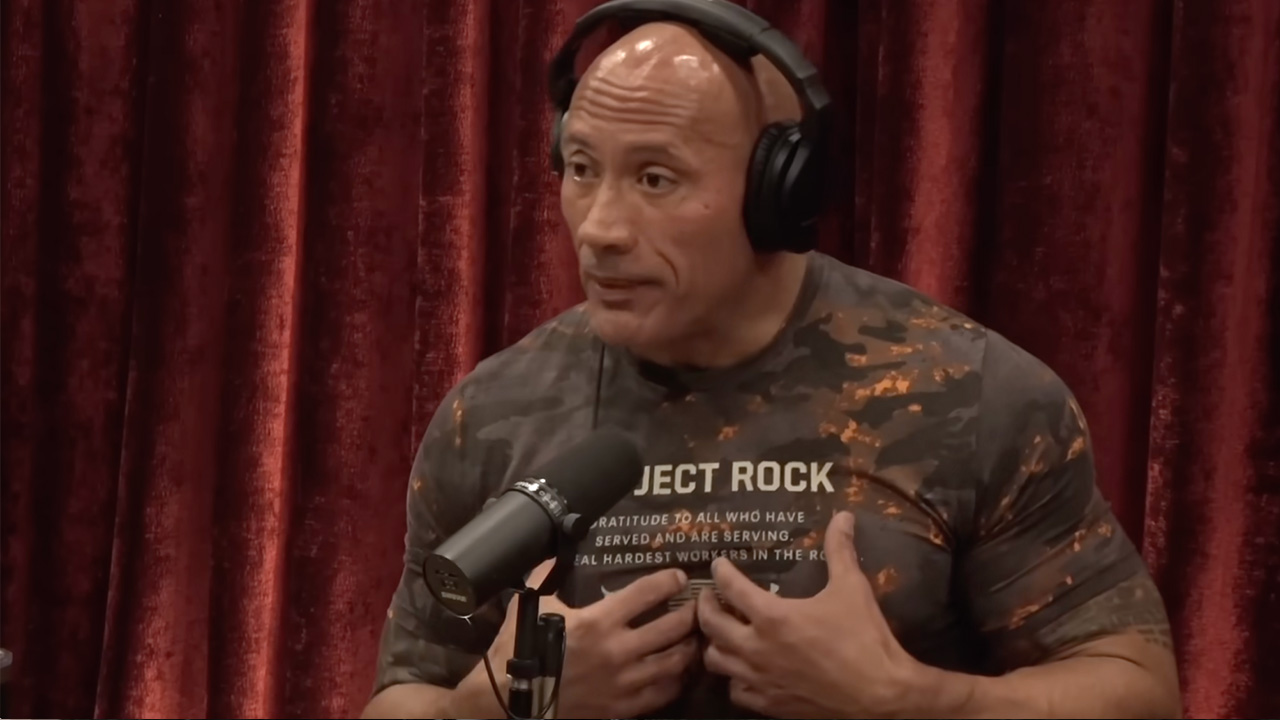In a bold move that aimed to boost its recruitment numbers, the US Army embarked on an $11 million venture with Dwayne "The Rock" Johnson and the United Football League (UFL)—a decision that has since taken an unexpected turn. According to the Daily Beast, this initiative, intended to attract new recruits through the star power of Johnson and the appeal of UFL, seems to have backfired rather dramatically.
Military.com's examination of internal documents and emails reveals a scenario far from successful, branding the endeavor as "catastrophic." The partnership, forged earlier this year with Johnson's UFL, where he was expected to serve as a charismatic ambassador, faced skepticism from the start among some Army personnel. Doubts were raised concerning the UFL's viewership numbers and whether they could deliver adequate return on investment.
Contrary to expectations, an internal review disclosed that not only did the collaboration fail to secure even a single new recruit for the Army, but it is also believed to have resulted in a net loss of 38 enlistments. This disappointing outcome has led the Army to seek reimbursement of approximately $6 million from the funds spent on this partnership. The methodology behind calculating these supposed lost enlistments remains unclear as per reporting by Front Office Sports.
Compounding issues was Dwayne Johnson's role—or lack thereof—in promoting this initiative. According to plan, Johnson was tasked with making at least five promotional posts on his social media platforms; however, he managed only two. An internal document criticizes the UFL staff for their lack of experience which contributed to communication failures throughout this campaign.
Despite these setbacks, Col. Dave Butler—a spokesperson for Gen. Randy George, the Army's chief of staff—expressed no hard feelings towards Johnson. In a statement acknowledging disappointment over Johnson’s limited participation due to other commitments, Butler nonetheless described him as "a good partner to the Army." Efforts are reportedly underway between the Army and UFL officials to adjust and salvage aspects of their agreement.
This episode serves as a cautionary tale about celebrity endorsements and partnerships in military recruitment strategies—highlighting that even star-studded initiatives can falter without clear alignment on objectives and outcomes.
Military.com's examination of internal documents and emails reveals a scenario far from successful, branding the endeavor as "catastrophic." The partnership, forged earlier this year with Johnson's UFL, where he was expected to serve as a charismatic ambassador, faced skepticism from the start among some Army personnel. Doubts were raised concerning the UFL's viewership numbers and whether they could deliver adequate return on investment.
Contrary to expectations, an internal review disclosed that not only did the collaboration fail to secure even a single new recruit for the Army, but it is also believed to have resulted in a net loss of 38 enlistments. This disappointing outcome has led the Army to seek reimbursement of approximately $6 million from the funds spent on this partnership. The methodology behind calculating these supposed lost enlistments remains unclear as per reporting by Front Office Sports.
Compounding issues was Dwayne Johnson's role—or lack thereof—in promoting this initiative. According to plan, Johnson was tasked with making at least five promotional posts on his social media platforms; however, he managed only two. An internal document criticizes the UFL staff for their lack of experience which contributed to communication failures throughout this campaign.
Despite these setbacks, Col. Dave Butler—a spokesperson for Gen. Randy George, the Army's chief of staff—expressed no hard feelings towards Johnson. In a statement acknowledging disappointment over Johnson’s limited participation due to other commitments, Butler nonetheless described him as "a good partner to the Army." Efforts are reportedly underway between the Army and UFL officials to adjust and salvage aspects of their agreement.
This episode serves as a cautionary tale about celebrity endorsements and partnerships in military recruitment strategies—highlighting that even star-studded initiatives can falter without clear alignment on objectives and outcomes.


